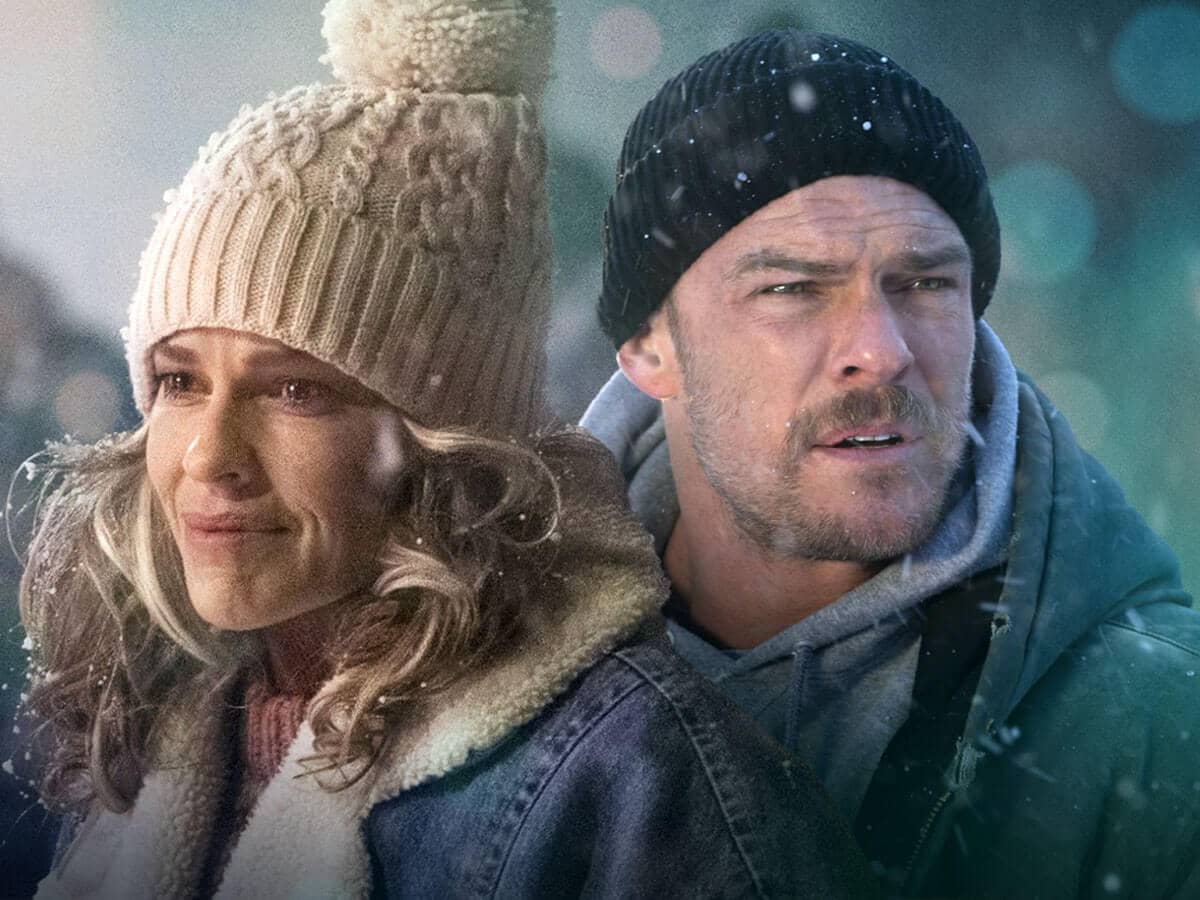Many Congressional leaders refused to support his strategy of restraint. We're going to have to fight the Russians anyway, they said, let's get it over with. The fact that many of "us," perhaps most of "us," would have been killed in the process didn't seem to dissuade anyone.
I've always been fascinated by the sociology of decision making. Since Kennedy's decision was the most important in the history of the country, perhaps in the history of the world, I have studied it closely--reading all the literature and the transcripts of the tapes from the Oval Office. Each time I read the story (and all through the film), I am convinced that there is going to be a war. The pressure on the president to risk nuclear annihilation was enormous. Yet cool, aloof, ironic man that he was, John Kennedy prevented war and finessed a Russian withdrawal of atomic weapons from Cuba.
This achievement alone qualifies him for a high ranking in the list of great American presidents. Perhaps because those 13 days were so scary, they have disappeared from our collective memory. After the crisis was over, Kennedy's critics on the right said he'd been too weak. Those on the left said he should have let the Russians keep their weapons in Cuba. The people supported him, however. Perhaps they realized that many other men who occupied the Oval Office would have given the signal to start a nuclear war.
John Kennedy was hardly a saint. His sexual escapades were disgraceful. He lied to the American people about his health: If he had escaped the bullet in Texas, he probably would have died of Addison's Disease before the end of his second term. However, when the fate of the human race was at issue, he displayed more character than any of the men around him, a point to keep in mind when we hear that private virtue is a prerequisite for public virtue.
Kennedy had read the previous summer Barbara Tuchman's book "The Guns of August," an account of how the various countries in Europe stumbled into the 1914 world war, something which none of them wanted. He perceived the same dynamics at work in the relationship between the United States and Russia in the missile crisis. On the whole it is better, other things being equal, to have a president who reads history than one who does not.
St. Teresa once said that if she had to choose between a holy confessor and a wise confessor, she would choose the wise one. If Americans have to choose between a virtuous president and a wise one, they should choose the latter.
In those terrible days in 1962, we had a wise president. In retrospect, given the pressures on him, he was almost preternaturally wise. In 1965 we had a president who, for all his bluster and machismo, was not wise. In 1962 the country and the human race survived. In 1965 the country blundered into a war that did incalculable harm to our society.
The two parties are so similar, one hears it said (by Ralph Nader among others), that it doesn't matter who wins or who is president. Imagine if you will that Richard Nixon, a man of deep personal instability, had won the 1960 election. Almost certainly he would have given the go-ahead to bomb the Russian bases, kill Russian troops, and invade Cuba.
Few of us who were living at that time would have survived. Many who are living today would never have been born.

